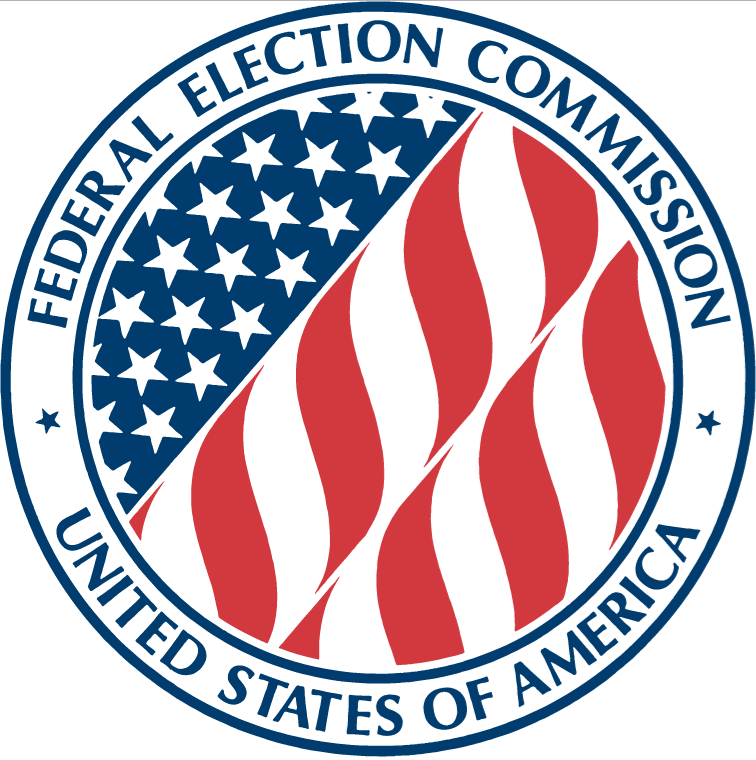
The Cyberlaw Clinic and the Election Law Clinic have jointly submitted a response to the Federal Election Commission’s (FEC) request for comments about Artificial Intelligence in Campaign Ads. In the comment, the Clinics urge the Commission to clarify the extent of its current statutory authority to regulate the use of AI in election campaigns and provide guidance on its use moving forward.
The submission, sent on October 26, was part of a public call for comments following a Petition for Rulemaking filed by Public Citizen last July. Public Citizen has petitioned the FEC to amend 11 CFR §110.16 to explicitly cover the use of “deliberately false AI-generated content.” Currently, the rule provides that no candidate for Federal office, or an employee or agent of such a candidate, shall “fraudulently misrepresent” another candidate or political party as speaking on its behalf in a damaging manner. The rule was enacted following the passage of 52 U.S.C. § 30124(a), after Watergate and Nixon’s “dirty tricks” reelection campaign in 1972.
More than fifty years later, the call for comments on the Petition for Rulemaking poses the question of how existing legal and regulatory frameworks can and should respond to the challenges posed by technology. AI-generated deepfakes threaten the integrity of democratic processes, deceiving voters and favoring distorted political narratives. Moreover, other forms of campaign misinformation, such as interactive misinformation chatbots using large language models, are likely to emerge in the near future.
When a new technology poses risks to the public interest, asking what falls within existing regulatory frameworks can be as important as drafting new laws and regulations. Accordingly, the joint comment by the two Clinics encourages the FEC to articulate its authority to regulate AI-generated content under 11 CFR §110.16—including where that authority ends. A rulemaking process would be the correct venue for such clarification, given the FEC has the opportunity to address a specific but significant form of election misinformation: AI-generated content from one candidate that misrepresents the position of another candidate.
The comment was drafted by Election Law Clinic students Varsha Midha and Justin Walker and Cyberlaw Clinic students Giovana Carneiro, Madeleine Chang, and Alleah Thornhill. The project was supervised by clinical instructors Daniel Hessel and Mason Kortz.
Read the full joint submission here.
